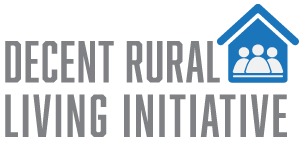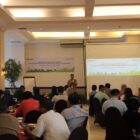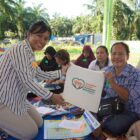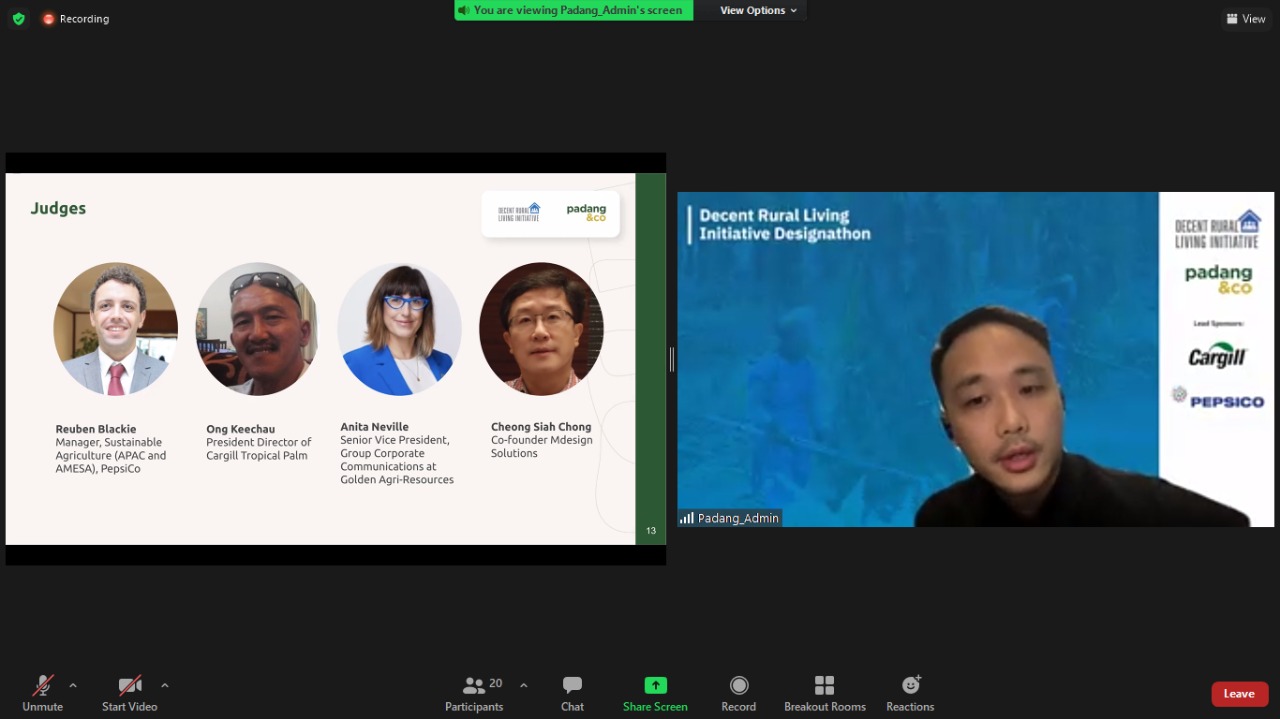
At its core, PepsiCo is an agricultural company. A steady, sustainable supply of crops is central to our business and we source crops across 60 countries and support over 100,000 agricultural jobs. So helping to meet the challenges of global agriculture is a key focus for us. One such challenge is worker health and safety, in particular use of appropriate Personal Protective Equipment (PPE) to protect against risks in the field. Our Sustainable Farming Program code of conduct obliges farmers and suppliers to ensure that clean, functional PPE is available at the farm for the farmer and any workers that they employ.
However, just as having a seatbelt in the car doesn’t guarantee that the driver will use it, having PPE available on the farm doesn’t guarantee that people will use it fully or correctly. Farmers and farmworkers, particularly in the tropics, frequently complain that the PPE that is available is not designed in a way that encourages proper use. Equipment may be bulky, difficult to put on and off (important for toilet or rest breaks), heavy and tiring to use, extremely hot to wear or generally uncomfortable. In order to make using PPE more comfortable or practical, modifications are often made that compromise safety. For example, when spraying agrochemicals people may opt to wear eyes nose and mouth protection only, because using the full suit is too hot. This potentially exposes the user to chemical risk through skin transmission. People may prefer not to wear heavy boots because it tires their legs when used for the full day. This potentially exposes them to risk of foot injury from heavy or sharp objects, snakes, etc.
The common thread that links most of the complaints from the field is design. The design of many items of PPE that are required for safe agricultural operations do not reflect sufficiently the needs of the people that use it and the conditions in which they are being used. This is a challenge which PepsiCo has been grappling with for some time, and so we were very pleased to be invited to participate in a design competition hosted by the Decent Rural Living Initiative (DLRI), a pre-competitive collaboration by leading palm oil producers Cargill, Golden Agri-Resources, Musim Mas, Sime Darby Plantation, and Wilmar. We believe this “Designathon” has a real opportunity to change the way agricultural PPE is developed and used, by creating the space for innovation that puts the user in the field at the centre. While this particular Designathon is focused on palm oil production, many of the challenges and solutions will be applicable across diverse crops. With an estimated 500 million small farms worldwide, this is a huge opportunity for smart product designers to create impact that could benefit hundreds of millions of people. PepsiCo is proud to be a sponsor of this initiative and we urge all of our partners and stakeholders to consider participating. Let’s work together to continue to make agriculture safer and more sustainable.
Source for worldwide number of farms: FAO http://www.fao.org/economic/esa/esa-activities/smallholders/en/ retrieved on 24.8.21
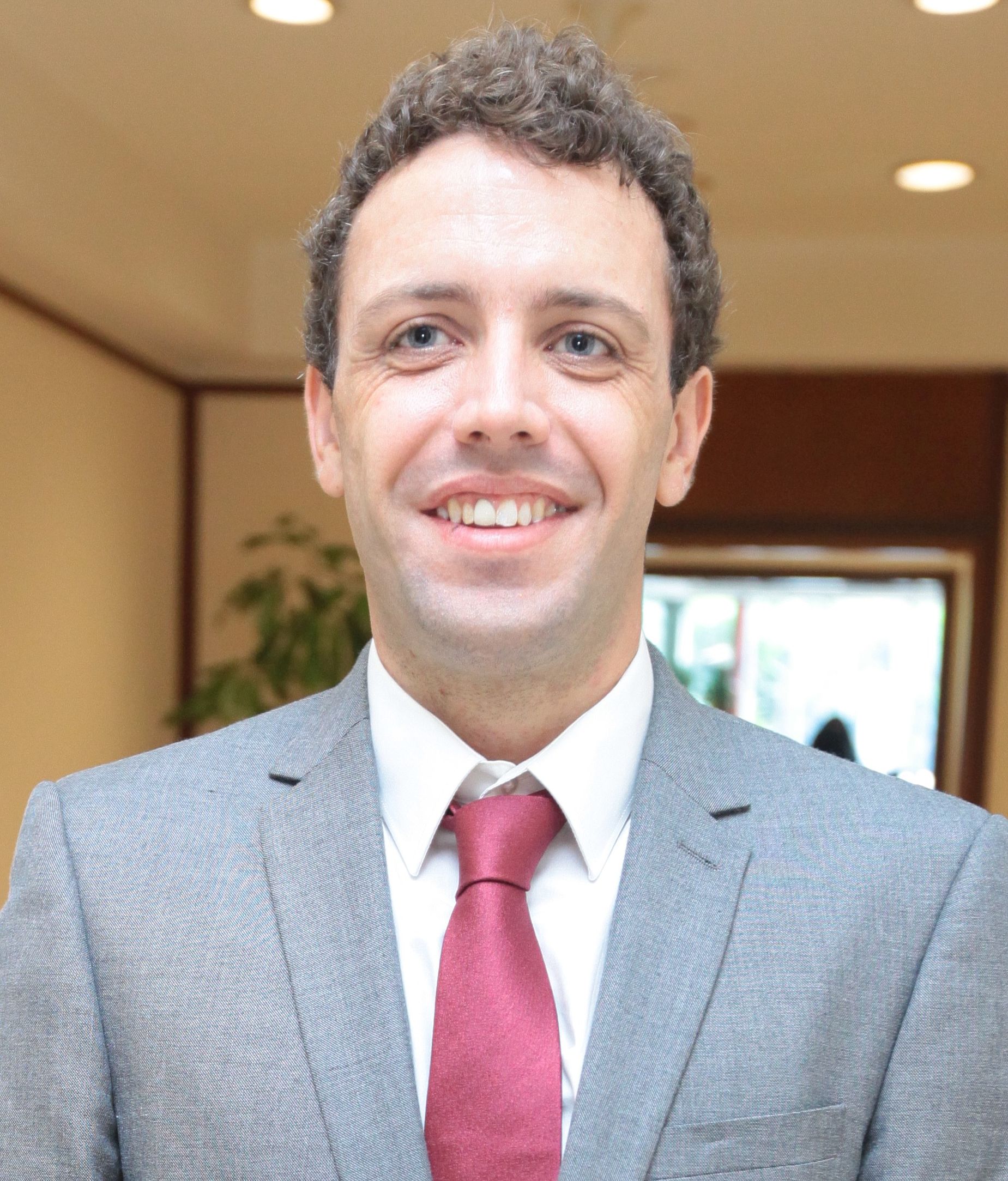
Reuben Blackie is PepsiCo’s Sustainable Agriculture manager for Asia, Africa and the Middle East. In this role, Reuben supports PepsiCo suppliers, agronomy and procurement teams in implementation of the company’s Positive Agriculture policy, working with farmers and other partners to identify practices that add value in the supply chain while improving environmental and social sustainability. Reuben is an agronomist by training and has worked across a variety of crops and markets in Asia since 2010. He currently lives in Indonesia.
